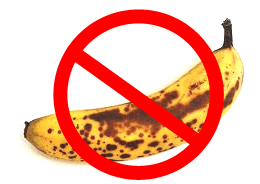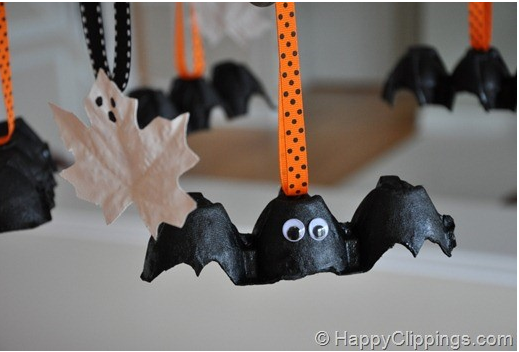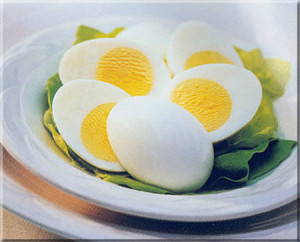
According to one recent study, it’s estimated that nearly 30% to 50% of all the food produced on our planet each year is thrown away before it’s ever eaten. That’s a pretty disturbing statistic. Not only because of the amount of people on our planet that have to go hungry every day, but because that also means that up to half of the money we spend on food is wasted.
Every household wastes food to some degree, but some waste more than others. I used to be in one of the latter households, until I realized just how much money we were throwing into the garbage each and every month. To help you and your family stop wasting food and start saving more money, I’ve put together a few tips…
Tally the Worth of Your Wasted Food
Almost all food comes with a price, whether you paid money at the grocery store for it or took the time to grow it yourself. Once you start realizing exactly how much money you’re actually throwing out, it’ll become much easier to stop wasting food. To do this, try to keep a running tab of the monetary value of the food you actually throw out. Half of a bag of stale pretzels may be $1.50, two pounds of chicken that went bad might be $5, and so on. Even large amounts of table scraps and forgotten leftovers have a price. Tally up your totals at the end of each day or week to get an idea of just how much you’re wasting.
Start Planning Ahead
Don’t hit the grocery store with no plan at all. If you really want to stop wasting food, start making a weekly menu or meal plan. Make two lists before you go shopping – one with items you already have, and one with items that you need for the week. When you go grocery shopping, only buy enough to make your meals. The exception to this would be buy extra items that are on sale and store well, like canned and boxed goods. Also, use fresh produce in the days immediately following your grocery trips to minimize the risk that they will go bad.
Store Food Properly
Much of the food we waste is thrown out because it goes bad before we can ever use it. You can stop wasting food by storing it properly. Lettuce, for instance, will stay fresh and crisp longer if it’s wrapped loosely in paper towels in a plastic bag in your vegetables crisper, and storing onions with potatoes can make the potatoes deteriorate faster. Also, apples will ripen slower if stored in the refrigerator, and mushrooms store better out of the humid vegetable crisper. Make a note of what goes bag most often in your house, and learn how to store it properly to avoid this in the future. I love the Whole Foods guides to properly storing vegetables and fruits.
Love Your Leftovers
I’d be willing to bet that if everyone gave leftovers the respect they deserved, we’d all stop wasting food as much. Leftovers are probably one of the main food items that get tossed in many households. Instead of letting them sit and go bad, eat them. Incorporate them into another meal, or simply reheat them and eat them for lunch. You can also group leftovers together and store them in big plastic bags in the freezer. All of my stale bread, for instance, goes into a freezer bag for stuffing or bread crumbs, and we’re a big fan of “garbage stew” and “garbage chili”.
Don’t Scrap Your Scraps
Before you toss your food scraps, stop and think if they might have another purpose. Bottoms to green onions, for instance, can be placed in a dish of water to grow more green onions. Seeds from ripe melons and gourds can sometimes be used to grow more food. That leftover chicken carcass, carrot tops, and celery heels can be boiled together to make stock. You get the picture.
Learn Portion Control
“My eyes were bigger than my stomach.” That’s what my grandmother always used to say when she couldn’t finish a plate of food. To stop wasting food at mealtime, only take half of what you think you might eat. If you’re still hungry afterward, do the same thing. You’ll stop wasting food by being able to finish everything on your plate. This is also a great tip to shrink the waste line as well.






